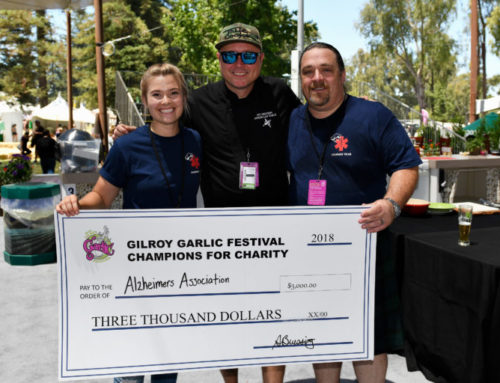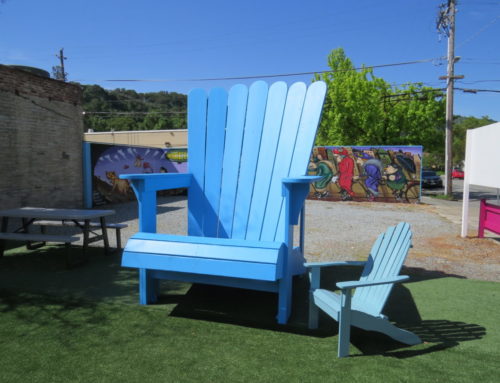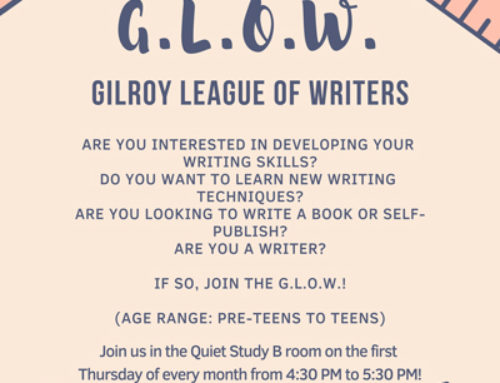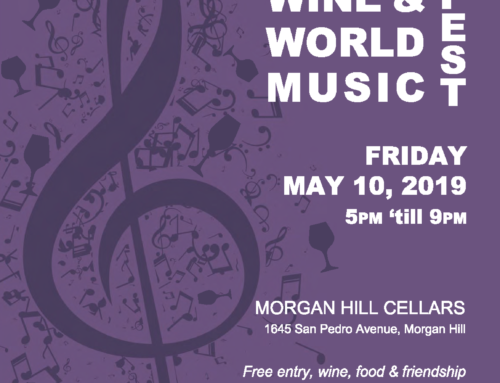Developmental Assets vital to a child’s educational and emotional growth
Published in the October 30, 2013 issue of Morgan Hill Life
By Anne Ehresman

Anne Ehresman
“Want to get some ice cream?”
This simple question was life changing for me and my family. About two years ago, our 14-year-old neighbor girl was sitting on her front step as my family and I walked by on our way to the local ice cream parlor. We stopped to ask Maria if she wanted to come along. She hesitated, went inside to ask her mom, and then joined us. During the half-mile walk, she started sharing details about her summer and her cousin’s death.
Maria revealed that she hadn’t been leaving the house, had been listless and didn’t feel like doing anything. Clearly, she was depressed. Her 16-year-old cousin had died in a car accident earlier in the summer, and Maria was grieving. She was anxious about returning to school in a few weeks because she felt like no one there would understand.
In the moment, all we could do was listen. My children offered Maria their love and support. My husband and I asked clarifying questions and bought her ice cream. After we returned home, we brainstormed what more we could do. Because of my work with Project Cornerstone, I understood the importance of caring neighbors and caring adults. There must be something else besides ice cream that we could offer her. I contacted the head of counseling for the San Jose Unified School District and she was happy to reach out to Maria. I followed up with Maria, and she was happy to receive the help.
Fast forward two years. Maria has now graduated from high school. She is the first in her family to enroll in college level work. She has a sense of purpose and a sense of hope. And she still has ice cream with my family on a regular basis. Maria has learned that it is OK to ask for help and that we are part of her support network. She is a great role model for my children.
The message of “All Kids Are Our Kids” is woven into everything Project Cornerstone promotes. Every child deserves the chance to achieve their full potential. And they only get there with a web of support that hopefully includes their family, neighborhood, school and community providing them with clear boundaries and support. The developmental asset research-based model gives us the recipe for success for all kids. This model has been adopted by the city of Morgan Hill and by the Morgan Hill Unified School District. It has also been adopted by countless parents and neighbors who understand that “All Kids Are Our Kids” in Morgan Hill.
Please find out more about the developmental assets at www.projectcornerstone.org. I encourage you to reach out to the “Marias” in your neighborhood. Invite them for ice cream. Listen to their story. Help them connect. You won’t regret it.
Anne Ehresman is the executive director of YMCA/Project Cornerstone. Project Cornerstone is the premier youth development initiative in Silicon Valley committed to building a community where all adults support children and youth so that they thrive. Project Cornerstone works within the YMCA and with more than 400 schools and community partners. Anne is the mother of two children aged 14 and 9. Learn more about Project Cornerstone at www.projectcornerstone.org.






